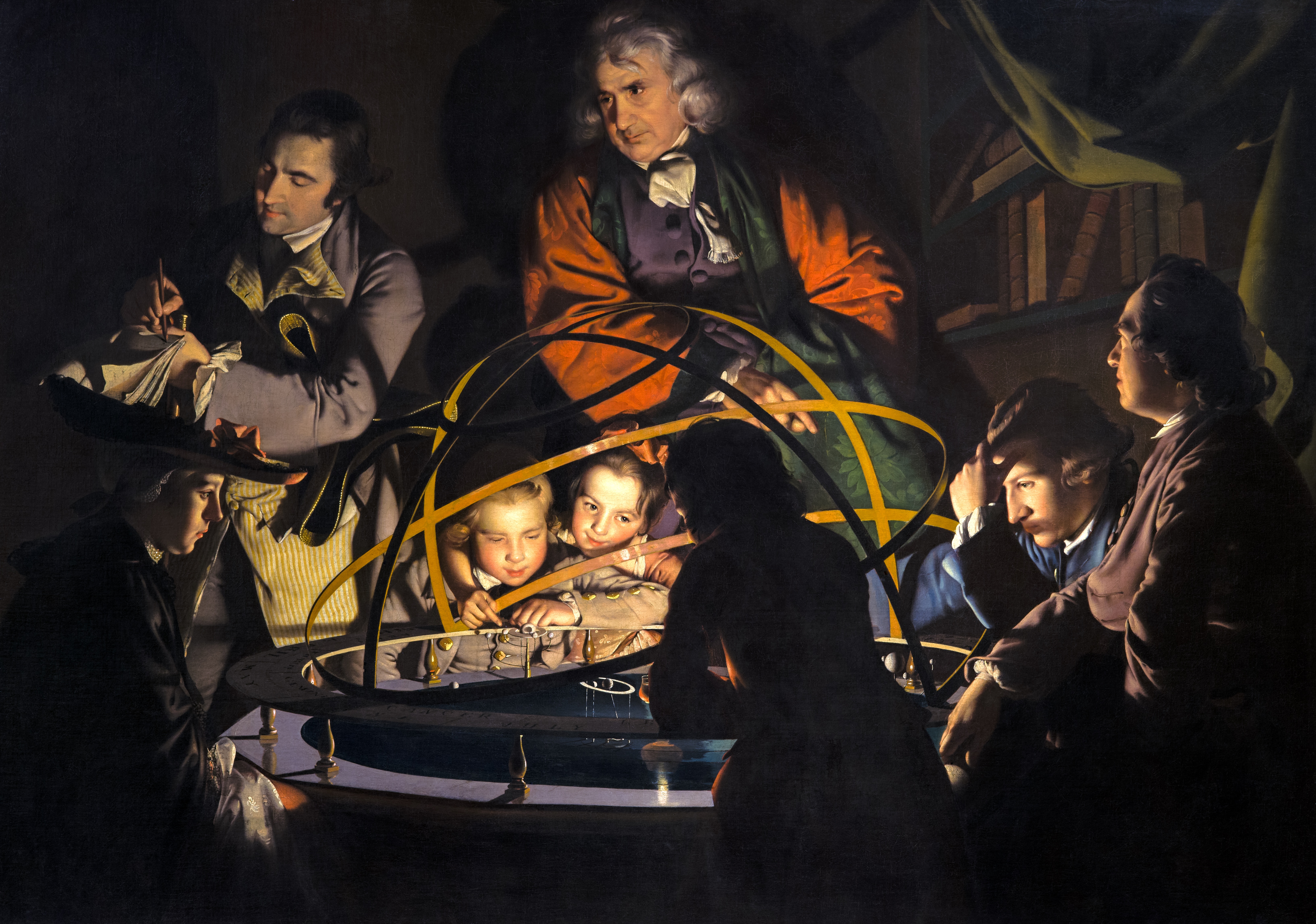Enlightenment and Revolution
SEMINAR OVERVIEW:
This week almost brings the module full circle by exploring ways in which Enlightenment thinkers sought to assert a European unity, even though some of their ideas contributed to revolutionary forces that at the same time pulled it apart. The seminar will pick up and develop themes from the lecture, examining Enlightenment attitudes to Europe, and exploring the revolutions in America and France that challenged existing notions of European power and European identities.
SEMINAR QUESTIONS:
- How did perceptions of ‘Europe’ and European identities change in the early enlightenment?
- How did revolution reshape the contours and ideas of Europe?
- How far was there a global Enlightenment?
PRIMARY SOURCE:
Extract from Jean-Jacques Rousseau, A Lasting Peace through the Federation of Europe (1761)
Questions about the source:
- What bonds does Rousseau outline that were working towards European unity and perpetual peace? What tensions do you discern in his argument?
- Why were Enlightenment ideas about Europe so difficult to realise?
ESSENTIAL READING:
Colin Jones, ‘Enlightenment’ in Beat Kümin (ed.), The European World (3rd ed, 2018), 293-305
RECOMMENDED READING:
Seth, C., and R. von Kulessa (eds), The Idea of Europe: Enlightenment Perspectives (2017) – an ‘open book’ available to be read online at https://www.openbookpublishers.com/product/637 where you can also download a copy free of charge. It contains many Enlightenment writings about idea of Europe and provides a really good endpoint for the module. You should try to read at least one other piece and bring your analysis to the seminar.
Conrad, Sebastian, ‘Enlightenment in Global History: A Historiographical Critique’, The American Historical Review, Volume 117, Issue 4, October 2012, 999–1027
Blanks, D., ‘Europeans before Europe: Modernity and the Myth of the Other’, in F. Kläger and G. Bayer, eds, Early Modern Constructions of Europe (2016)
Elliott, J.H., ‘Revolution and Continuity in Early Modern Europe’, Past and Present, 42 (1969)
Lloyd, G., Enlightenment Shadows (2013), ch. 1, ‘Cosmopolitan Imagining: Montesquieu’s Persian Letters’.
FURTHER READING:
David Andress, ed., The Oxford Handbook of the French Revolution (2015) ebook
Doyle, The Oxford Handbook of the Ancien Regime (2014) ebook
Fitzpatrick et al, The Enlightenment World (2004) (ebook)
Foucault, “What is Enlightenment ?” (“Qu’est-ce que les Lumières ?”), in P. Rabinow, ed., The Foucault Reader (New York, 1984), pp. 32-50.
Israel, Radical Enlightenment: Philosophy and the Making of Modernity 1650-1750 (2001) (ebook)
J Israel, Enlightenment Contested: philosophy, modernity and the emancipation of man 1670-1752 (2006)(ebook), esp. Part 1
Outram, D., The Enlightenment (1995)
Pincus, Steve, The Heart of the Declaration. The Founders’ Case for an Activist Government (2016)
Porter, R., The Enlightenment (2001)
Sweetman, J., The Enlightenment and the Age of Revolution, 1700-1850 (1998)
Melton, J. Van Horn, The Rise of the Public in Enlightenment Europe (2001) (ebook)
Walton, C., Into Print: Limits and Legacies of the Enlightenment (2011)
Wilson, P.H., (ed.), A Companion to Eighteenth-Century Europe (2008) (ebook)
ELECTRONIC RESOURCES:
The Enlightenment - a collection of primary sources arranged by theme
‘The News Revolution and the 18th Century Public Sphere‘: podcast discussion of David Cayley with David Randall and Brian Cowan (‘The Origins of the Modern Public’, part 12)
http://chnm.gmu.edu/revolution, devised by Jack Censer and Lynn Hunt in connection with their edited volume, Exploring the French Revolution (2001)
Immanuel Kant: What is Enlightenment? 1784Link opens in a new window

Jean-Jacques Rousseau, portrait by Maurice Quentin de la Tour, 1753

A Philosopher lecturing on the Orrery by Joseph Wright of Derby, 1766
